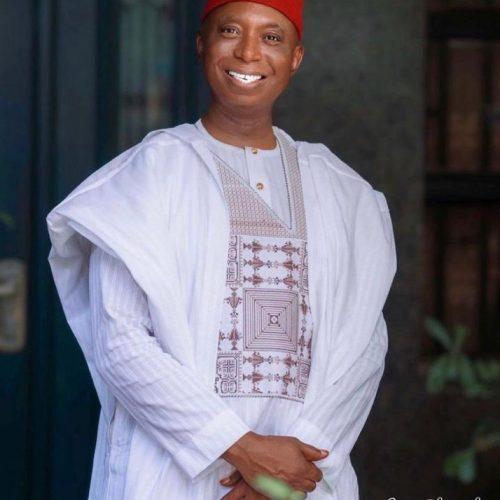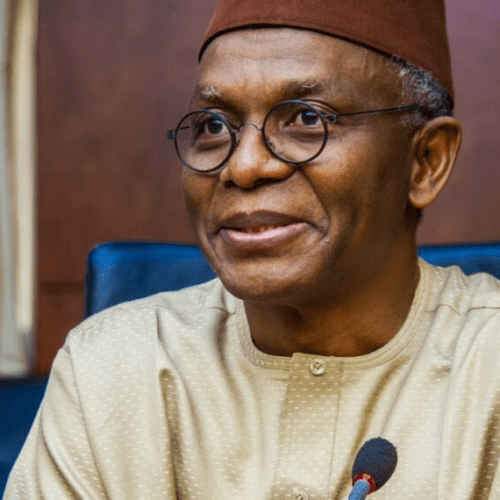The United Nations Educational, Scientific and Cultural Organization (UNESCO) has called on policymakers and governments across the globe to ban the use of smartphones from schools to tackle classroom disruption, improve learning and protect children from cyber-bullying,
Audrey Azoulay, director-general at UNESCO in the 2023 global education monitoring report released recently, said that the organisation called for the use of technology in class only when it supports learning outcomes, and this includes the use of smartphones.
“The digital revolution holds immeasurable potential but, just as warnings have been voiced for how it should be regulated in society, similar attention must be paid to the way it is used in education,” Azoulay said.
Azoulay in addition said: “Its use must be for enhanced learning experiences and for the wellbeing of students and teachers, not to their detriment. Keep the needs of the learner first and support teachers. Online connections are no substitute for human interaction.”
UNESCO said there was evidence that excessive mobile phone use was linked to reduced educational performance and that high levels of screen time had a negative effect on children’s emotional stability.
According to the 2023 Global Education Monitoring (GEM) findings, some technology can support some learning in some contexts, but not when it is over-used or inappropriately used.
The organisation warned policymakers and stakeholders against any inconsiderate promotion of digital technology in schools, arguing that its positive impact on learning outcomes and economic efficiency could be overstated.
“Not all change constitutes progress. Just because something can be done does not mean it should be done,” UNESCO noted.

In a recent report from the organisation it was revealed that even just having a mobile phone nearby with notifications coming through is enough to result in students losing their attention from the task at hand. One study found that it can take students up to 20 minutes to refocus on what they were learning once distracted.
According to the report, removing smartphones from schools in countries such as Belgium, Spain, and the United Kingdom was found to improve learning outcomes, especially for students that were not performing as well as their peers.
Rachel Harper, principal of St. Patrick’s Primary School, Greystones, County Wicklow in Ireland, who banned smartphone use in her school highlighted the fact that there are concerns over data privacy, safety, and well-being also underpin debates about the use of some technology in schools, especially by students at young ages.
“We saw children as young as nine years old requesting smartphones, and it was evident that these children were not emotionally ready to navigate the complexities of these devices and the digital world,” Harper said.
Elizabeth Ohaka, an early childhood educationist reacting to UNESCO’s disposition said the contemporary ecosystem demands children to be acquainted with technology, but must be guided in doing that.
“We live in the information age and the internet provides a rich source of information in every area humanly conceivable.
How do we connect to the internet? In various ways namely; mobile phones and computers, laptops, tablets, and so on.
If we want our children to be 21st century compliant then the use of the internet is imperative. We can’t escape it,” she said.
Ohaka explained that children in a developmental stage with a very short attention span must use these gadgets, but that they must be supervised by a responsible adult.
“The gadgets must be used purposefully, intentionally, and functionally. The children do not have to own the phones to use them,” she noted.
Currently, only 16 percent of countries explicitly guarantee data privacy in education by law. And during the covid-19 pandemic, one analysis found that 89 percent of 163 education technology products were recommended for children.
Further, 39 of 42 governments providing online education during the pandemic fostered uses that risked or infringed on children’s rights.
The 2023 GEM report, entitled ‘Technology in education: A tool on whose terms?’, calls for decisions about technology in education to prioritise the needs of the learner, making sure that any uses of technology are appropriate, equitable, scalable, and sustainable.
It maintains that students need to learn the risks and opportunities that come with technology and not be shielded from them entirely.
However, countries need to give better guidance on what technology is allowed in school and what is not, and on their responsible use. “Only technology that has a clear role in supporting learning should be allowed in school,” GEM noted.
BusinessDay




















